7 Plastic-Free Kitchen Tools For Sustainable Food Prep
These 7 Plastic-Free Kitchen Tools make food prep easier… and healthier for the planet and you! Believe it or not, it’s not just what you eat that impacts your health, but also the tools that you use to prepare, eat and store your food. I hope you discover a few new plastic-free kitchen tools to improve the health of you, your family, and the planet!
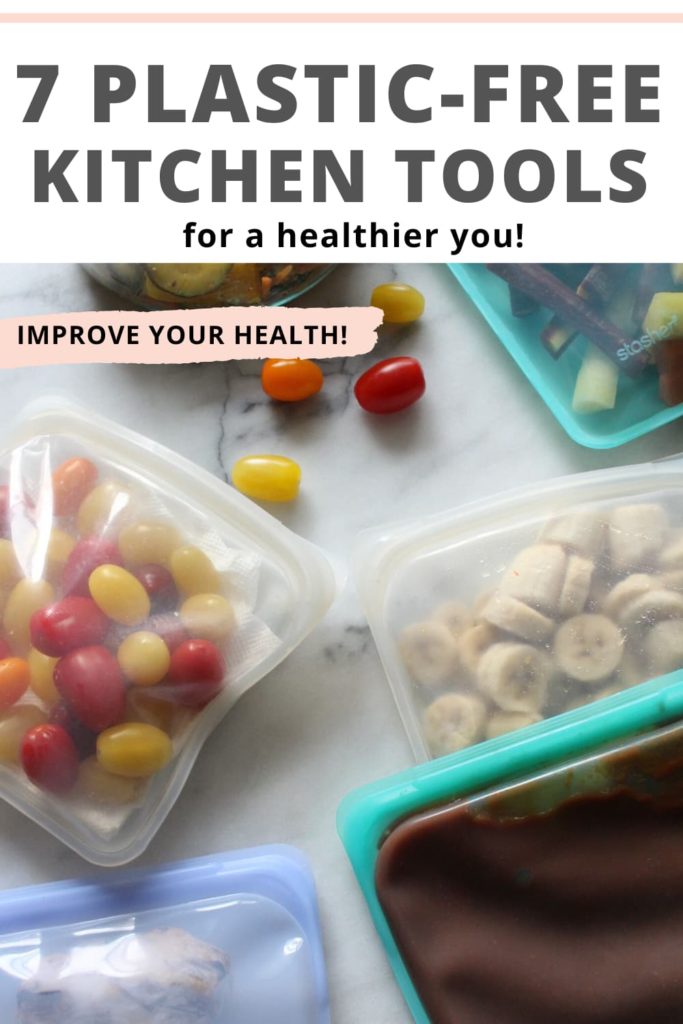
Disclaimer: This post contains affiliate links and gifted products. Affiliate links mean I make a small commission, at no additional cost to you, if you purchase any of the products linked in this post.
I don’t know about you, but with more time at home during quarantine, food prep has fallen by the wayside. While less time preparing food leads to more spontaneity in food choices (boy am I glad I have a healthy relationship with food to allow for that!), it also means we’ve been eating a lot of the same meals over and over again.
However, it’s time that I return to some sense of “normalcy” and begin my food prep again. Meal prep really does make meal time SO much easier!
And I don’t do boring “1 meal divided into individual portions to eat all week” type of prep. I use a Mix & Match Method, which is why it’s important that I have plenty of food storage containers of different sizes and techniques.
With plastic-free July here, I want to shed a light on an important topic in the kitchen… sustainability.
My dad taught me from a young age the importance of taking care of the earth we live in and it’s never been more important than now.
A big part of food and nutrition is sustainability. It’s so easy to take our planet for granted… but if we keep doing that, it won’t be here for us in just a few generations.
We all have the power to help protect our planet. And no, you don’t have to stop driving to work or abandon some of your favorite things.
Like your health, if you take small steps, you can accumulate big results.
There are small steps that we can all take to protect the ground we walk on, the air we breathe, and the water we drink.
The food choices you make and how you choose to prepare your food have a bigger impact on our overall environmental landscape than you might think.
Take these facts, for example:
- One 1/4 pound burger requires 425 gallons of water to produce (that’s 6,800 glasses of water to drink!). Or that can power your iPhone for 6 months. Imagine not having to charge your phone for that long?!
- Global meat production creates more greenhouse gas than the entire transportation sector.
- Organic foods are grown using more sustainable farming methods with less harmful pesticides.
- Raw foods use less energy to produce than cooked.
- The average meal in the U.S. travels 1,500 miles to get to your plate (that’s a whole lotta fuel!)
Just like there are baby steps you can take to eat a more nutritious diet, there are baby steps you can take to promote a more sustainable diet.
Here are a few ways you can make your diet more sustainable:
- Bring a reusable tumbler for your morning coffee. THIS one is my favorite. It keeps your coffee HOT or COLD all day long. (Seriously, I fill this cup with ice water every evening and it’s still cold by morning!)
- Cut down on the amount of plastic you use. Keep a pair of silverware from home at your desk for lunch (or try toting this reusable bamboo set in your bag!)
- Buy from the bulk bins more often.
Side note: this can be hard for those of us with food allergies, but you can still buy foods in bulk (like from Gerbs) to reduce packaging. Store these foods in glass containers instead of plastic. You can bring your own containers to the store too. - Reduce food waste by planning ahead!
On that last note, I’m excited to share how I have made considerable steps to cut down on food waste over the last year..the secret’s in the food prep!
By planning ahead, I make sure I repurpose leftovers, only buy enough food that we’ll actually use (we’re not perfect, but have made considerable strides in the right direction), and cut down on the amount of food waste we produce.
Here’s are 7 plastic-free kitchen tools for sustainable food prep:
Plastic-Free Kitchen Tools #1: Stasher bags
If you follow me on Instagram, this first tool won’t be surprising at all, because I’m obsessed! I take these silicone bags EVERYWHERE, which has considerably cut down on my use of plastic (a HUGE win to protect the planet!). Stasher bags are made from platinum silicone, which is made from sand and oxygen – how cool?
But even better than as a baggie on the go, I love using my Stashers as part of my food prep! Here’s how:
- Store pre-chopped veggies to whip up quick dinners.
- Freeze leftovers and reheat right IN THE BAG!
- You can throw these bags right into boiling water or even the microwave, so reheating leftovers is a breeze!
- I love freezing leftover tomato sauce in these bags to prevent food waste.
- Make “smoothie bags” to make early morning smoothie making easy! All you have to do in the morning is throw the bag’s contents in a blender and add whatever liquid you want!
- Pre-portion snacks for the week
And now that Stasher have the half-gallon bags, it’s even easier!
Plastic-Free Kitchen Tools #2: Vitamix
We could feed 1 BILLION hungry people with the amount of food waste we produce each year.
[Tweet “We could feed 1 BILLION hungry people with the amount of food waste we produce each year. Use these tools to cut down on your food waste:”]
My motto to reduce food waste: When in doubt, BLEND!
From throwing questionable produce into smoothies to using every part of the plants you bring home, a high-powered blender is ESSENTIAL for any environmentally friendly kitchen.
For “root to frond” cooking, you use ALL parts of the plant – from the tips to the toes! I once took a cooking class at Natural Gourmet Institute all about this. For example, you can make roasted carrots with carrot top or beet greens pesto. This way, you don’t waste the tops of your veggies.
Another way to use leftovers is to make no waste vegetable broth.
Plastic-Free Kitchen Tools #3: Glass Food Storage Containers
This one may seem obvious because you need a place to store your prep!
No matter your methods for preparing food, food storage containers are essential! While you could reuse plastic take-out containers (and I definitely do from time to time), I’m really try to move our home away from plastic and towards glass. I registered for this set of glass food storage containers and was SO excited when we received them!
Sure, lugging around glass if you pack your lunch in these is much heavier, and not always doable, but it’s much better for YOU and the environment. More and more studies are showing that it’s not just what we eat that impacts our health, but also the packaging from which we eat things. And plastic is always at the top of the list to cut… even if it is BPA-free!
While we shouldn’t be afraid to eat, it’s something to be aware of! And when you can, choose glass.
As you can see from the photo below, we’re slowly transitioning away from plastic and towards glass. It doesn’t have to be all or none… but baby steps from each of us can make a difference!
Plastic-Free Kitchen Tools #4: Silicone Muffin Tins
While there’s nothing wrong with a muffin tin, using silicone muffin tins greatly reduces the amount of paper you need to use (yup, I’m looking at you muffin liner cups!). Believe it or not, this adds up!
I love these silicone muffin trays, but you can also get these reusable silicone muffin tin liners and put them in your metal trays for nonstick baking.
I find that the silicone muffin trays work even better for my egg muffins and really any muffin… and clean up is such a breeze!
Plastic-Free Kitchen Tools #5: Silpat
Goooodbye parchment paper! I used up our last roll and have exclusively been using my Silpat over the past month. And I LOVE it! I don’t even need as much oil – nothing sticks!! And it’s so easy to clean! With all the veggies I roast, I’ve definitely saved a few trees so far!
They come in all different sizes (they even make a round one for pizza!), so have fun – I promise, it’s a worthy and environmental investment (and less than $15!).
Plastic-Free Kitchen Tools #6: Oil Sprayer
OK, if you constantly buy those pre-loaded bottles of cooking oil to spray on your pan, listen up! You can drastically cut down on the amount of plastic you purchase (and then throw out) by using an oil sprayer.
Here’s how it works: instead of purchasing individual spray cans (which often have other propellants in them too), you can load your favorite oil into a reusable oil sprayer. I like this one.
Plastic-Free Kitchen Tools #7: Cleaning Supplies
Of course after some time cooking, clean up is required. I love using Branch Basics on my counters, especially with my little one usually nearby while I clean.
I don’t know about you but I’m constantly picking up food, and honestly, eating it off my counters! I don’t want to be worried about ingesting bleach or clorox. Using a more sustainable cleaner (that’s healthier for your family too) seems logical to me.
I’m a fan of Branch Basics because it WORKS! You get 1 bottle of “concentrate” and then (unfortunately) plastic bottles to reuse. The good news is that you’re supposed to reuse these plastic bottles over and over again. Yes, they’re still plastic, but one thing at a time!
From the 1 bottle of concentrate you can make 5 different cleaning solutions (an all-purpose cleaner that I use in my kitchen, glass cleaner, laundry detergent, hand soap, and bathroom cleaner).
Honestly, I tried a lot of different “natural” cleaners, but this one WORKS!
Don’t forget to PIN IT…
Making (some of) these small changes is something we can all do!
Which plastic-free kitchen tools are you rushing to buy right now to help protect our environment? (Remember: there’s only 1 Earth!) Grab the whole list (& more) here!
XO


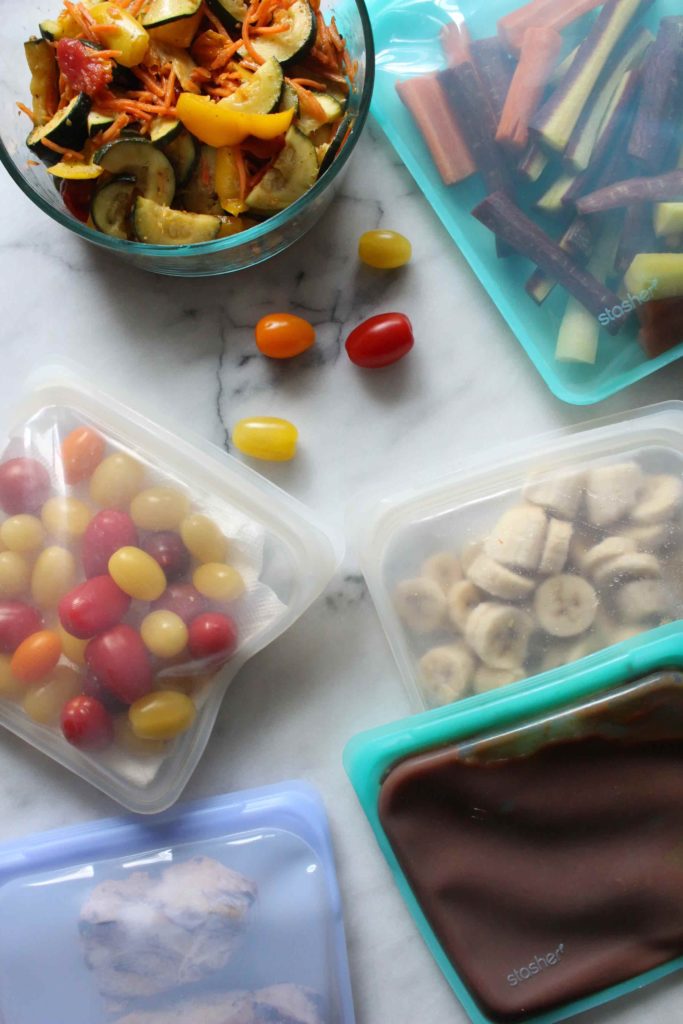
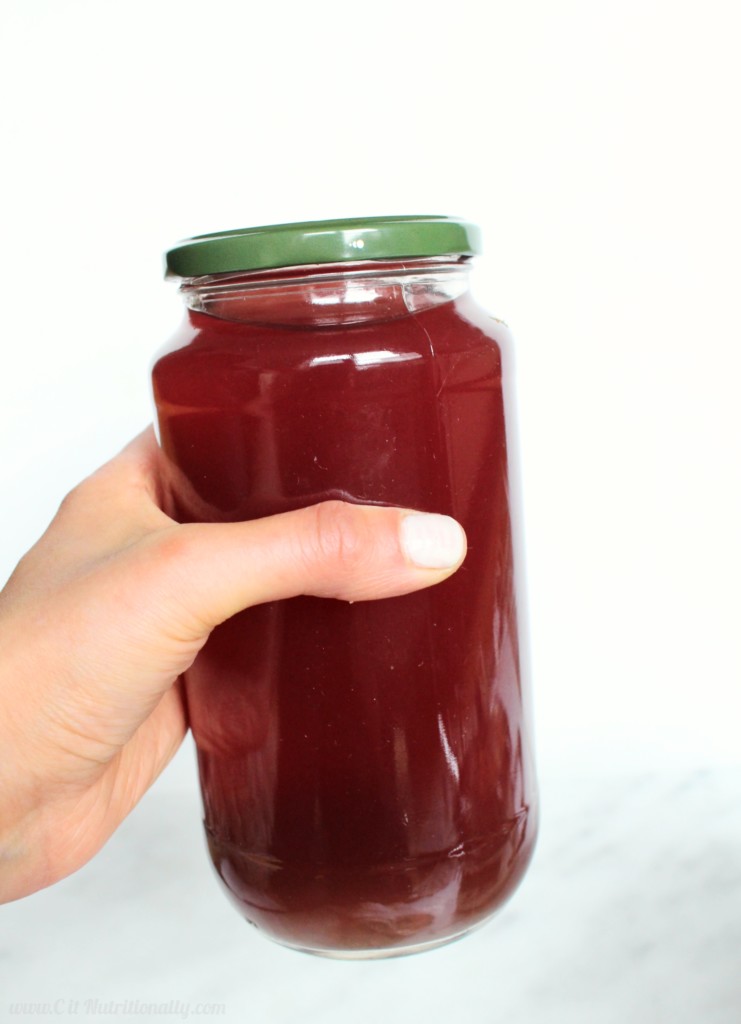
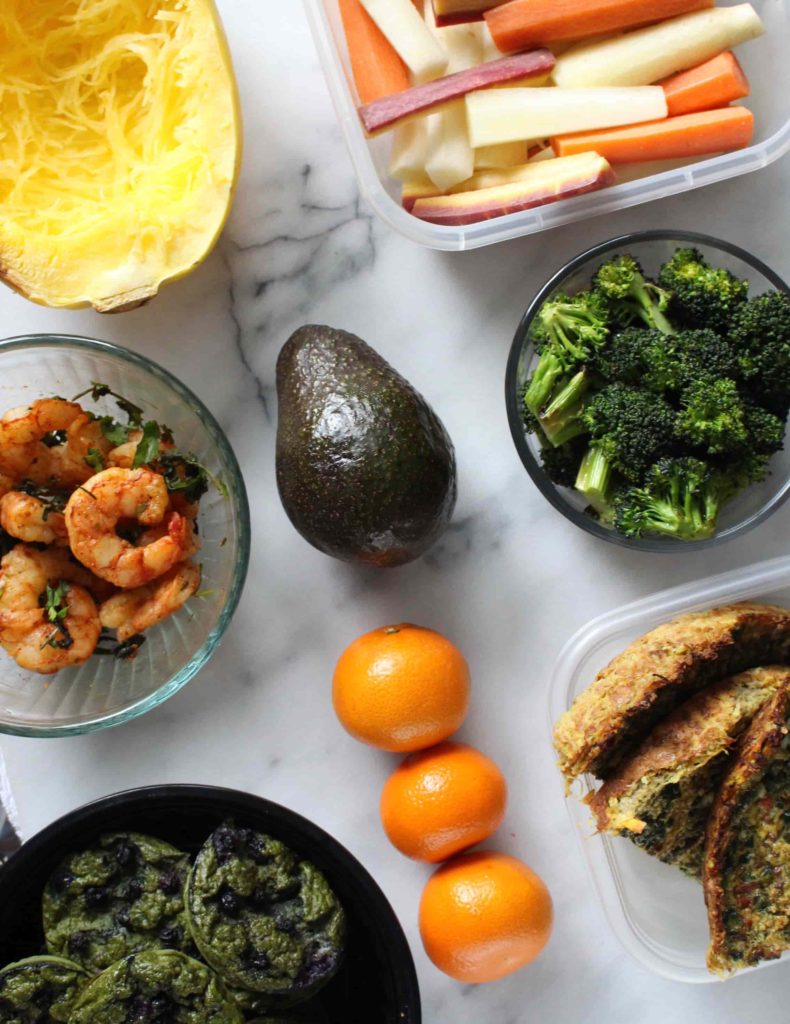
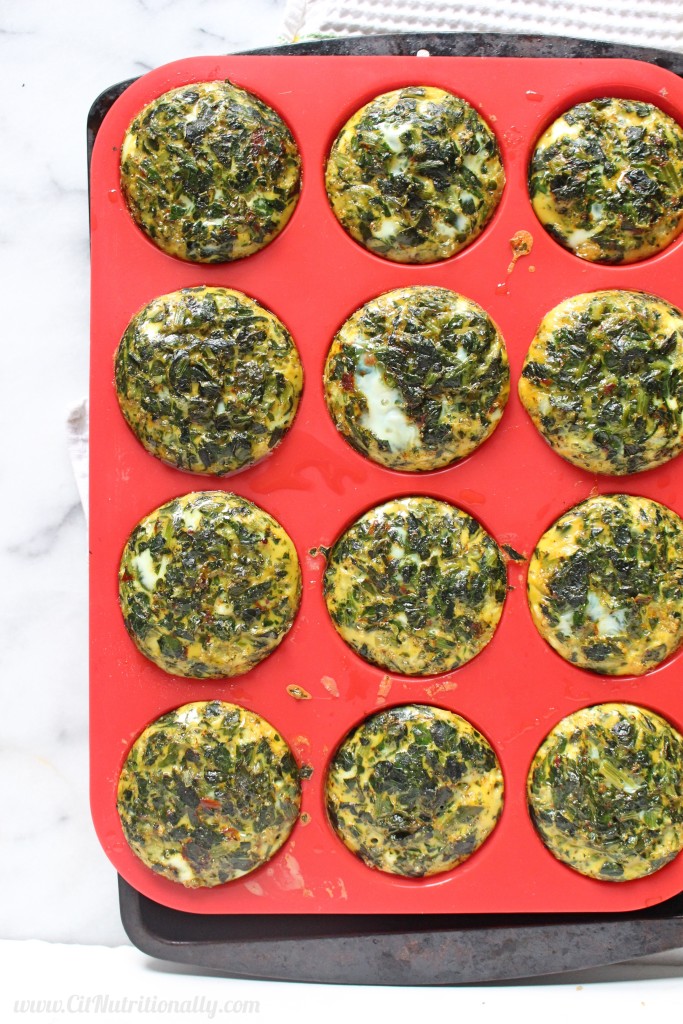
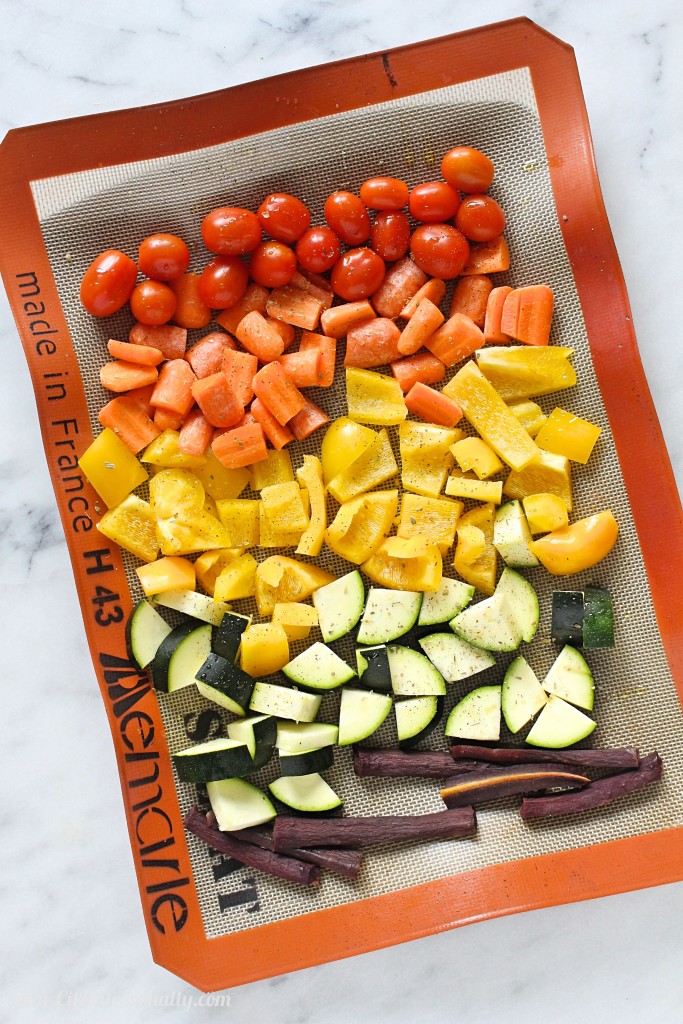
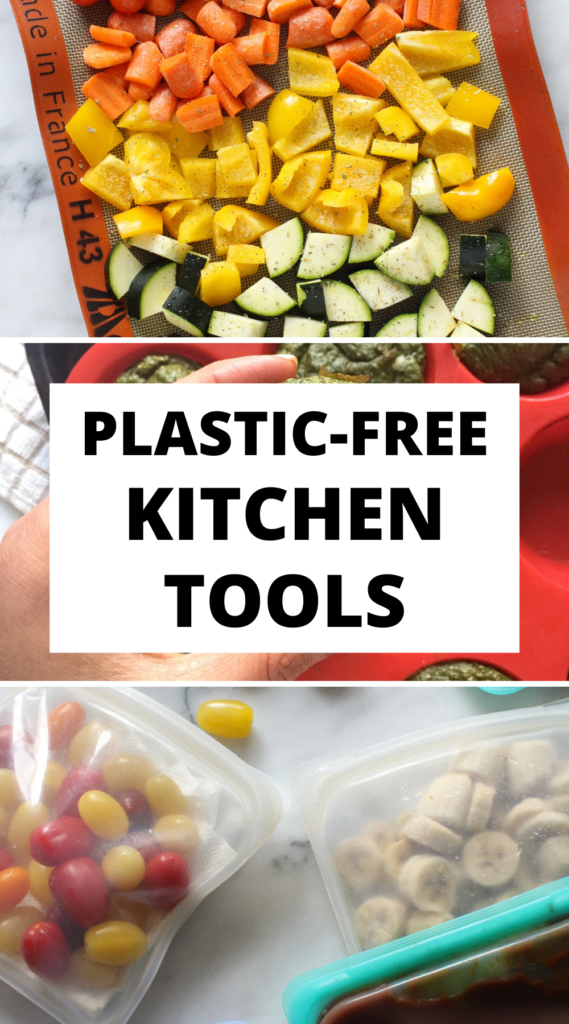
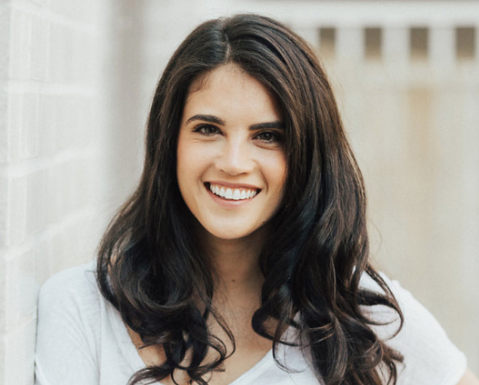 Hi there!
Thanks for stopping by! I'm Chelsey, an online Registered Dietitian, recipe developer, budding photographer, and coffee addict! My mission is to help you feel good through food by answering the question "What should I eat?" Let's make nutrition approachable!
I hope you enjoy my personal collection of simple, healthy, food allergy friendly and nutritiously delicious recipes, plus tips and tons of tricks that will help YOU live a nutritionally-balanced life! I look forward to getting to know you better...
Hi there!
Thanks for stopping by! I'm Chelsey, an online Registered Dietitian, recipe developer, budding photographer, and coffee addict! My mission is to help you feel good through food by answering the question "What should I eat?" Let's make nutrition approachable!
I hope you enjoy my personal collection of simple, healthy, food allergy friendly and nutritiously delicious recipes, plus tips and tons of tricks that will help YOU live a nutritionally-balanced life! I look forward to getting to know you better...








I totally need those bags in my life. I need to quit using those darn plastic bags!!! Ugh! Great post!
Thanks so much Sara! They’ve changed my life!
Love it! Thank you for including stasher and sharing your awesome tips!
Storing leftovers in glass jars has saved my life. I can actually see them in the fridge and will actually use them up! no more #foodwaste